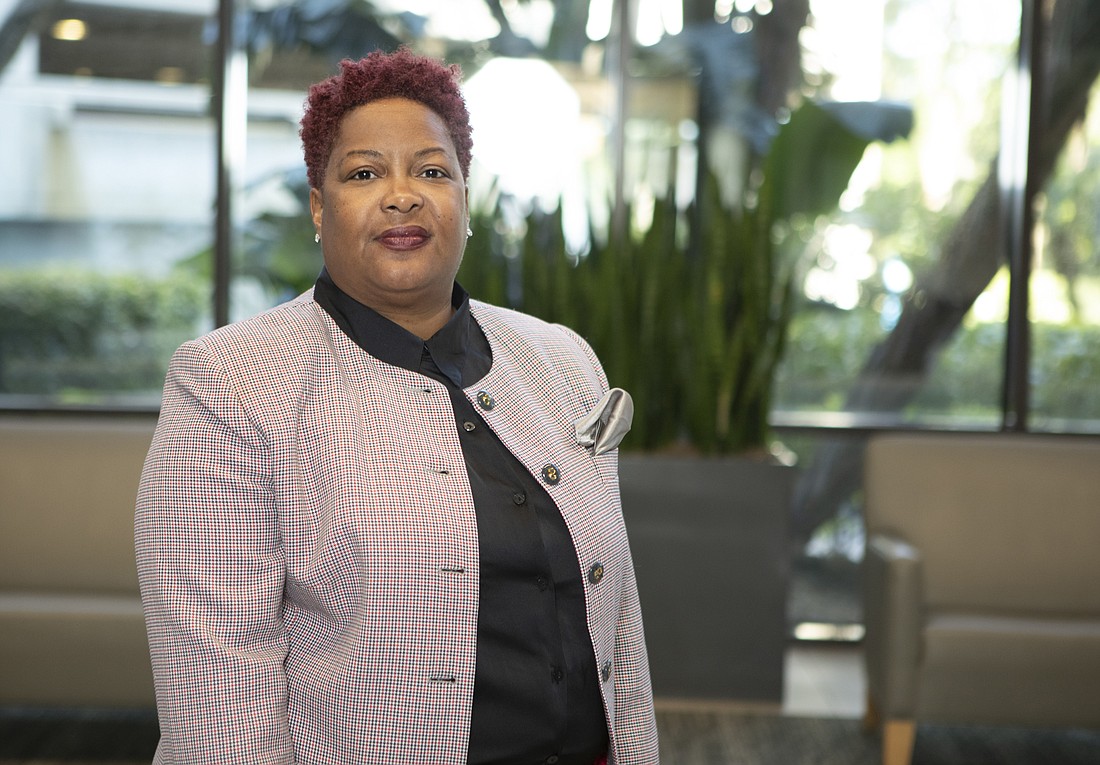- December 13, 2025
-
-
Loading

Loading

Released less than two weeks after St. Petersburg Mayor Ken Welch’s selection of a developer for the Tropicana Field project, the Tampa Bay Partnership’s 2023 Regional Competitiveness Report would’ve been easy to overlook — f not for the treasure trove of valuable data and insights it contains.
Produced in conjunction with the University of South Florida’s Muma College of Business, the Community Foundation of Tampa Bay and United Way Suncoast, the report, now in its sixth year, is essentially a snapshot — a report card, if you will — of how the region is doing compared to 19 other cities of similar size. It measures economic vitality, infrastructure, talent, innovation and civic quality, using more than 65 key indicators to show where the region is excelling and where it needs to improve.